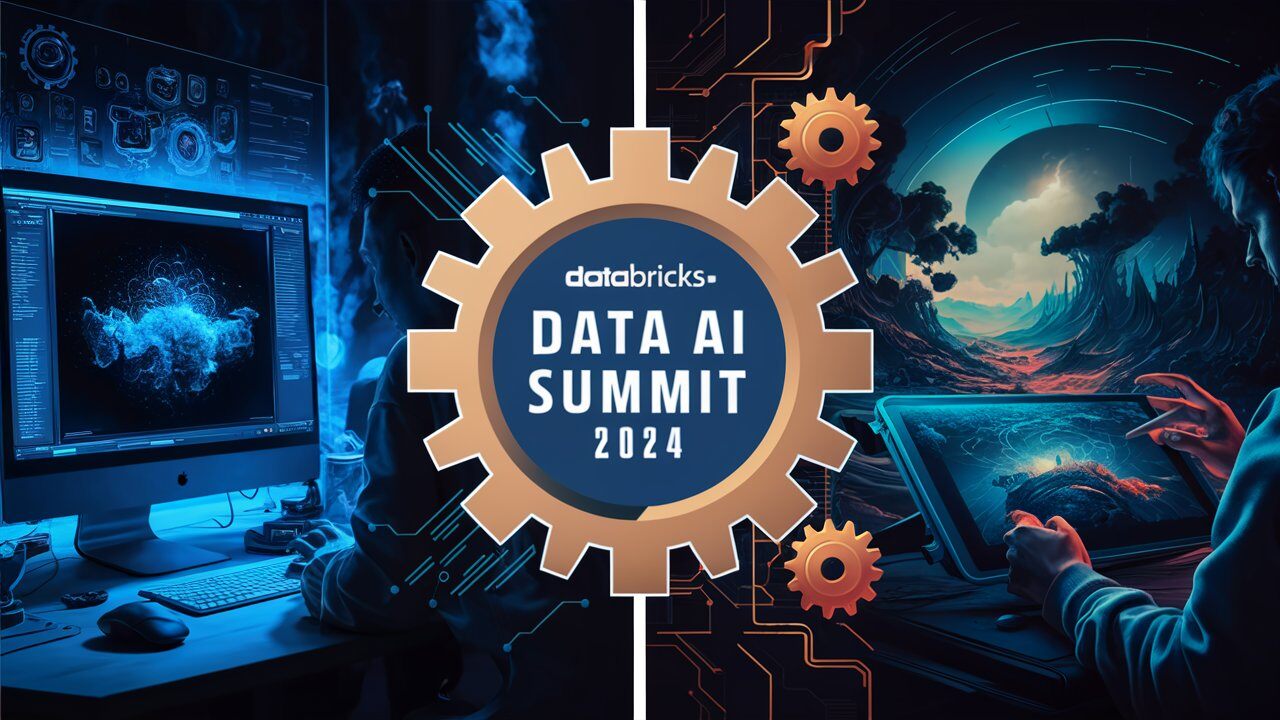
The Databricks Data AI Summit 2024 showcased groundbreaking innovations in the realm of artificial intelligence (AI) and data management, with a particular focus on generative AI. As organizations strive to harness the power of AI, the integration of generative AI into enterprise data strategies emerged as a key theme throughout the event. This article delves into how generative AI is revolutionizing data strategies, drawing insights from sessions by leading industry experts.
- Content Personalization and Recommendation: The company employs generative AI to analyze user behavior and preferences, enabling the delivery of personalized content recommendations. This approach not only boosts user engagement but also enhances the overall reader experience.
- Audio Content and Accessibility: Generative AI also plays a crucial role in creating narrated audio content. The growing consumer preference for audio content, driven by the convenience of listening while multitasking, is addressed by AI-generated audio articles, making the company's content more accessible and engaging for a broader audience.
- Predictive Analytics and Insights: At the summit, speakers from diverse industries highlighted the use of generative AI to predict key performance indicators (KPIs) and business metrics. For example, AI models are used to predict data reliability and operational efficiency, ensuring high-quality data for business decision-making.
- AI-Driven Data Pipelines: Another innovative solution introduced was a data transformation tool leveraging generative AI to automate data pipeline creation. This tool enhances productivity by enabling data analysts and engineers to build and manage data pipelines efficiently, reducing the need for manual intervention and accelerating time-to-insight.
- Ensuring Data Quality and Security: Unity Catalog provides robust data governance capabilities, including fine-grained access controls and detailed audit logs. These features ensure that the data used in generative AI models is secure and compliant with regulatory requirements, safeguarding sensitive information.
- Facilitating Data Collaboration: By offering a centralized repository for data assets, Unity Catalog simplifies data sharing and collaboration across teams. This centralized approach enhances data transparency and ensures that AI models are trained on high-quality, well-governed data.
- Real-Time Data Integration: As real-time data processing becomes more critical, generative AI will play a key role in analyzing and generating insights from streaming data. Databricks' server less infrastructure and advanced pipeline tools position it well to meet this growing demand.
- Industry-Specific Applications: The future will see more industry-specific applications of generative AI, tailored to address unique business challenges. For instance, AI-driven tools in healthcare could revolutionize patient care by generating personalized treatment plans based on individual health data.
- Enhanced AI and Data Synergy: The synergy between AI and data will continue to evolve, with generative AI enhancing various aspects of data management, from data ingestion and transformation to analysis and visualization. This integrated approach will drive greater efficiency and innovation across enterprises.

Posted by PDI Marketing Team
Pacific Data Integrators Offers Unique Data Solutions Leveraging AI/ML, Large Language Models (Open AI: GPT-4, Meta: Llama2, Databricks: Dolly), Cloud, Data Management and Analytics Technologies, Helping Leading Organizations Solve Their Critical Business Challenges, Drive Data Driven Insights, Improve Decision-Making, and Achieve Business Objectives.




